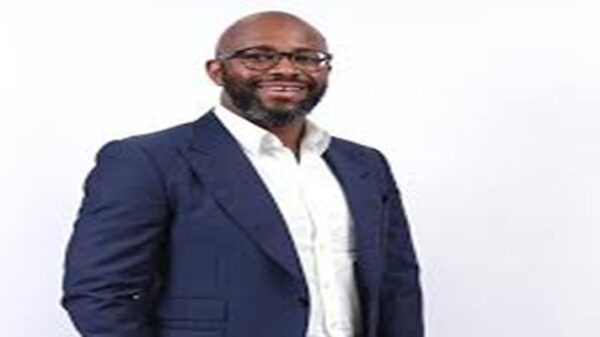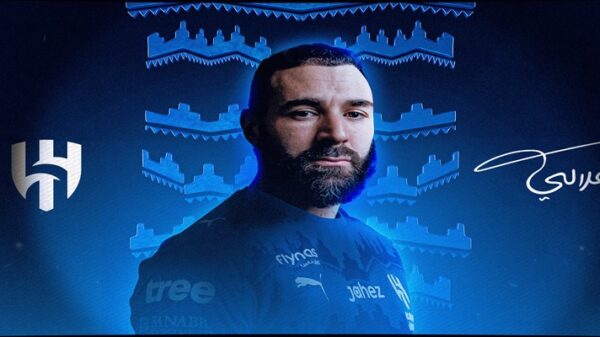In a tech culture increasingly obsessed with shipping fast and scaling hard, the humble practice of writing readable, maintainable code is all too often regarded as optional; but not to Oluwabukunmi Rufus.
Software engineer Rufus has built her career around a different philosophy, one that values clarity above cleverness and long-term maintainability over short-term shipping. To her, clean code is not a technical preference. It’s a matter of professional respect.
“When you’re coding, you’re not merely solving a problem, you’re communicating with somebody in the future. It could be you, six months later. Or it could be your co-worker, picking up after your decisions. In both situations, your code needs to speak clearly.”
Rufus’ projects span backend infrastructure, internal tooling, and API design, but through each project, a common theme emerges: readable, extensible, and reliable code.
Early in her career, Rufus encountered Robert C. Martin’s Clean Code, which changed how she thought about her work, not just as an engineer, but as a collaborator on a team. It made her see codebases not as static repositories, but as ongoing conversations. That understanding now shapes everything from how her names variables to how she structures services.
One of her side projects, a payroll module for a medium-sized African SaaS company wound up being a test case. The system worked, but the original code was brittle: huge functions, unclear method responsibilities, and obscure naming conventions. “It was like digging into someone else’s puzzle without a map,” she recalls.
So she refactored. Line by line. Function by function. Extracting duplicated logic into helpers. Adding tests. Translating abstract jargon into plain English: processAndUpdateSchedule became updatePayrollWithDeductions. A new developer joined three months later and was pushing their first update in hours.
I used to think clean code was about aesthetics,” Rufus says. “But it’s really about reducing cognitive load. About making it safe for teams to move fast without breaking things.”.
Rufus isn’t oblivious to it either. She’s aware codebases get messy. Deadlines compress teams. Features shift mid-sprint. That’s why she’s a firm believer in scaffolding discipline through the right tools: ESLint for enforcing style conventions, Prettier for formatting consistency, and automated code review checklists for all pull requests.
“Tooling normalizes good practices, even when you’re tired or in a rush. It’s like putting on a seatbelt, it doesn’t stop the accident, but it reduces the damage.”
She encourages teams to apply the Boy Scout Rule: leave the code cleaner than when you found it. Even if it’s just as straightforward as renaming one variable for clarity or adding a short inline comment that describes a tricky workaround.
She has mentored young developers, Rufus often gives workshops not on new languages or frameworks, but on naming things. It may sound boring, but she says it is one of the hardest, most essential skills in software development.
Rufus often points to GitHub’s open-source repositories and Basecamp’s legacy codebases as exemplar examples of codebases that value readability over cleverness. Both companies prioritize human readability alongside performance. At Basecamp, they’ve famously promoted the cause of clear, boring code that does its job and lasts.
“It’s not about impressing people with your syntax tricks. It’s about building things that survive. And clear code is more durable than clever code.”
Rufus believes these choices while quiet are strategic. Clean code accelerates onboarding, reduces bugs, and prevents burnout. It’s not just engineering best practice. It’s business resilience.
Rufus isn’t trying to be the loudest voice in software engineering. But she’s trying to be one of the most useful. She knows that somewhere down the line, someone will rely on her code to understand a system, ship a fix, or avoid a regression.
“I’ve never seen a developer complain that code was too clear. But I’ve seen whole teams slowed down by code they couldn’t understand.”
In a world that moves so fast, Oluwabukunmi Rufus is a valuable and rare constant: the engineer who builds not just for today, but for tomorrow.
Because in the end, code that resonates with humans is more than kind, it’s ethical. And it’s the kind of work that makes progress last.
![]()




























































